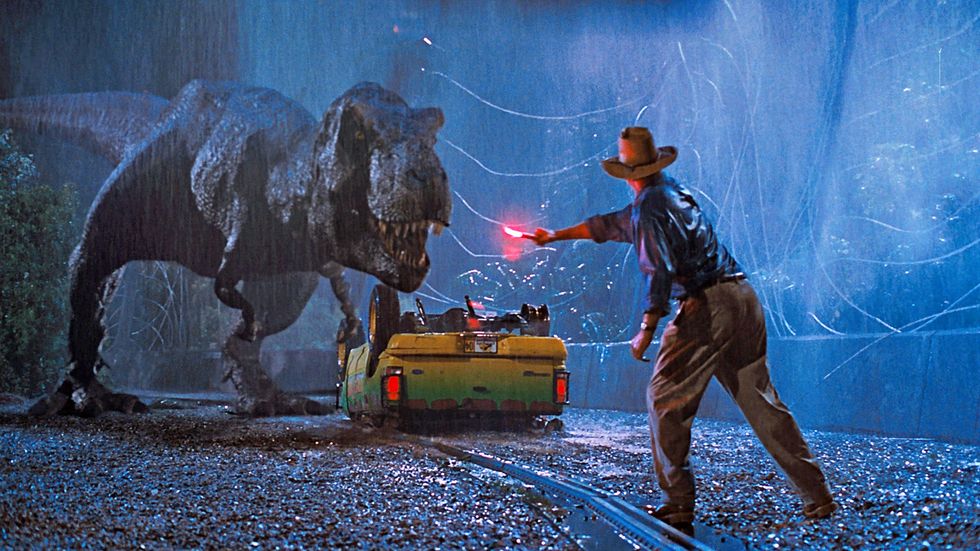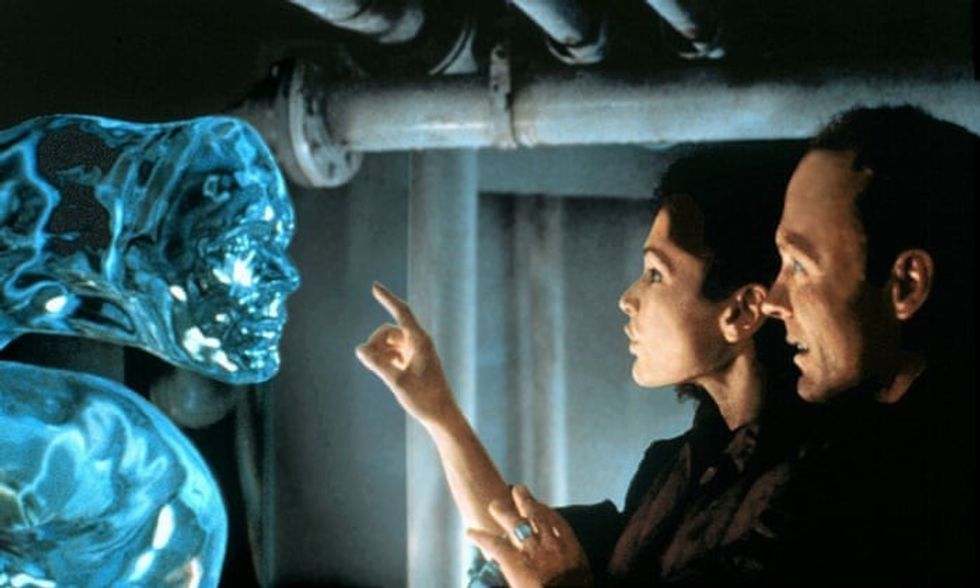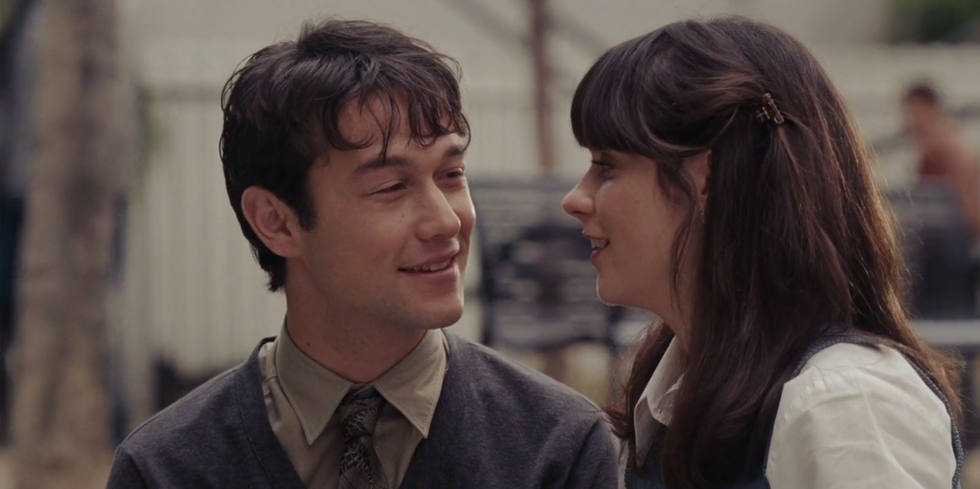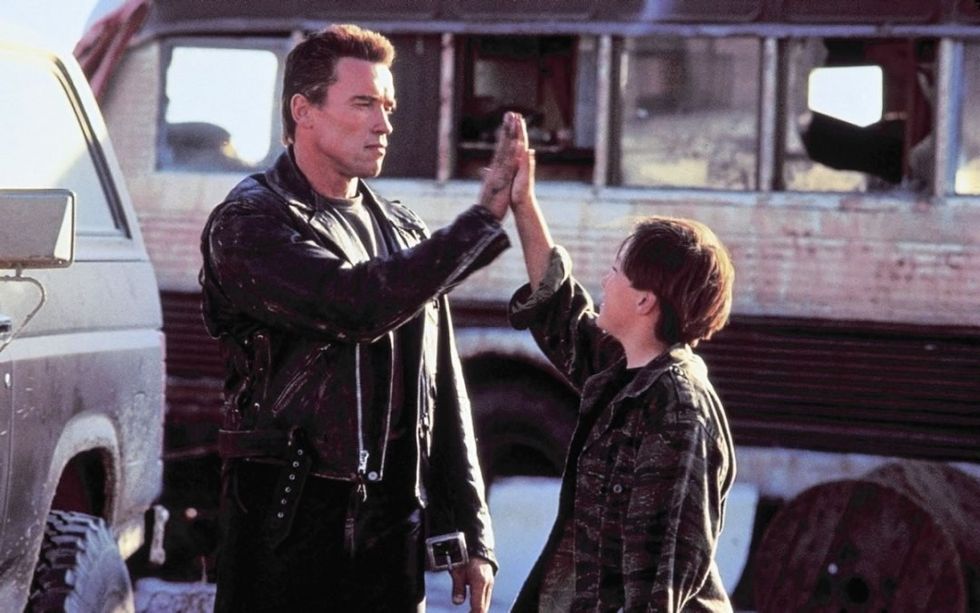How to Deal with Rejection in Hollywood
In Hollywood, you hear "No" 99% of the time. It sucks.

You know the call. Your phone rings and you can't wait to answer. This is going to be the call that changes things. The call that gets you out of your day job. The one that pays off your credit cards and student loans.
The one that starts your career.
But instead, the voice on the other end of the line says... "It's a pass."
Maybe they loved the writing but don't think it fits the brand.
Maybe they hated the writing.
They didn't buy the concept.
Or maybe they don't think it's a makable concept.
There are dozens of reasons producers, agents, and managers pass on ideas. Some of them are fair, some of them are maddening, but they happen. The hardest thing about working in this industry is knowing that 99% of the time people are going to say "No."
It sucks.
At times it makes you want to cry. To curl up in the fetal position. To eat a box of Oreos and drink a gallon of whiskey.
The fact is, if you want a long career, it's not going to get any better. So you're just going to have to learn to deal with rejection. Today, I want to go through some ideas on dealing with rejection that work for me.
I'm still alive and kicking, so they can't be that bad.
Let's get started.
How to Deal with Rejection in Hollywood
Rejection comes in all shapes and sizes. From not booking jobs to being dropped by reps to just writing a spec that doesn't make any noise in the marketplace. Who better than the guy who wrote about happiness last year to take you through three steps to handle things.
Step One: Many Eggs, Many Baskets
Early on in my career, I fell hard for one idea. When that idea blew up I had nothing left.
I had to start over from scratch, and due to other life complications, it took over a year before I had a new spec that entered the marketplace.
So now, I work on at least two things at once.
Working on multiple projects at once means you double your chances at success.
Breaking in is incredibly hard. So why not try to improve your odds.
First drafts are usually ass
James Cameron is said to have worked on two different desks while writing Aliens and Rambo at the same time. Do whatever works for you.
Step Two: Draft Three is Draft One
When you're done the first draft the real work begins. I used to share first drafts with my agents and managers, but a lot of times they didn't excite people as much as me. That's because first drafts are usually ass. People in this business don't want to see the journey, they want to see the finish line.
Rewriting is the key to success.
That's why when I finish a new idea, I don't send it into the reps. First, I get three different rounds of notes, then I polish, and then I send them my "first" draft. Which is actually draft three.
Not only does this preserve my "genius" in their eyes, but it also allows me to take a step back and make sure the work going out in the world is the most representative of what I can do as a writer.
Step Three: Use the Pain
One of my favorite things in the world is Don Hertzfeld's Rejected. For those of you who don't know, it's a short film composed of all the rejected cartoons he made. It went on to be his most famous work and a project that put him on the map.
When you fail, you want to cry.
Lots of times I do cry. Mostly in the shower, less clean up that way and my roommates can't hear me.
But when I come back up after one of the 99% I just use the words they said to be the kick in the pants to open the next draft. I get angry, I want to prove to them that I do belong and that I do deserve to be here.
It's not easy, but all of my mentors tell me it's a marathon and not a sprint.
Successes spike. Hollywood is peaks and valleys.
The only thing you can control is if you are writing or not. So keep writing.
Even if 99% of the time people are going to reject it.
You just need one person to believe in it to see it on the screen.
And the only way that happens is if you keep plodding ahead.
Up Next: How to Break Into Hollywood
The film industry is notoriously hard to break into. It's been compared to being a professional athlete; you have to continue to train and stay on top of your game if you want to start for a great team.
If you need help getting that new script finished check out our FREE ebook How to Write a Screenplay. It's full of tips, infographics, and a plan that can you finished with your script in 10 weeks.

















